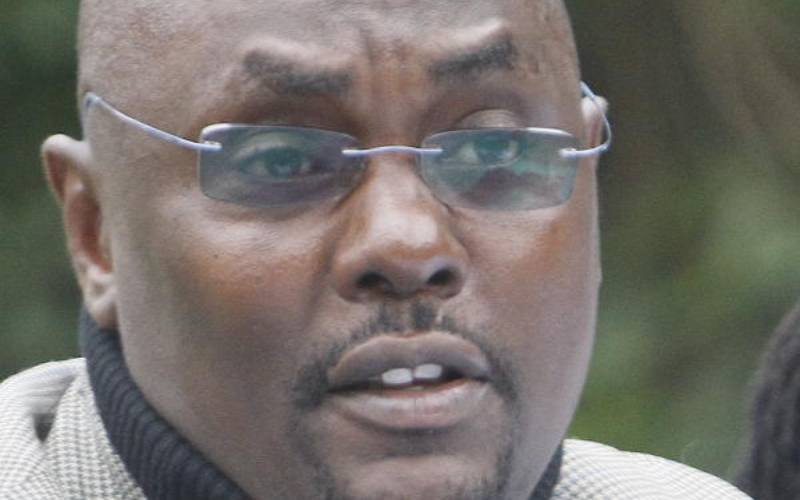
Abuses matter just as much when they are fuelled by corporations as by the state, especially in this digital age. That is why Kenya Human Rights Commission is calling on the American tech giant, Facebook, to honour Kenyan lives and do more to stop incitement to violence and hate on the platform.
This isn't about censorship - it is about making one of the world's richest companies spend even a fraction of its resources on preserving Kenyan life. They are obliged to do this, and if they do not, our protective agencies should hold them to account.